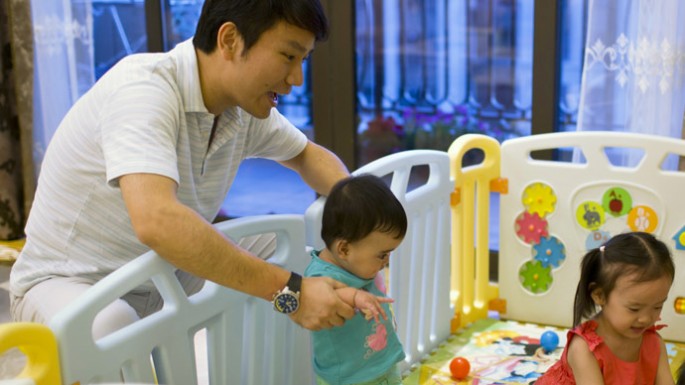Song Shuli, spokesperson of the National Health and Family Planning Commission (NHFPC), said that more than 800,000 couples nationwide have applied to have a second child as of the end of September 2014, according to a Xinhua report.
In November last year, China announced a decision to relax the one-child policy, which was introduced at the end of the 1970s to contain China's then-alarming population growth.
Under the new policy, families can now have two children if one parent is an only child. In the document released following the Third Plenum meeting of the Communist leadership in Beijing, the one-child policy would be "adjusted and improved step by step to promote long-term balanced development of the population in China," Xinhua said.
Song, in her report, said that implementation of the change in policy has so far been a success, and that the resulting number of applications received from couples wanting to have more than one child is as per original expectations.
Couples from both first-tier cities like Beijing and prefectural-level cities such as Shaoguan have applied for permission to have a second child. Also, as expected, couples aged 31 to 35 accounted for the biggest share--about 56.6 percent--in the total number of applicants, while younger couples, those aged 26 to 30, comprised 23.58 percent.
China is home to approximately 1.36 billion people, and how its population issues are addressed now will affect the long-term sustainability of its economic growth and development. The new separate "two-child policy," Song said, will promote a more balanced distribution of population nationwide and encourage better family planning in the future.
Finally, Song announced that the NHFPC, in addition to its role in the continued monitoring of the new "two-child policy," will also initiate next year an online nationwide service for the processing of marriage certificate applications, building up on the lessons learned from the "solid performance" of those cities that piloted an "electronic reform" of their marriage certificate services earlier.
The new online processing service for marriage certificate applications will particularly add to the convenience of the many migrant women of childbearing age who are now based at and working in China's urban centers.



























